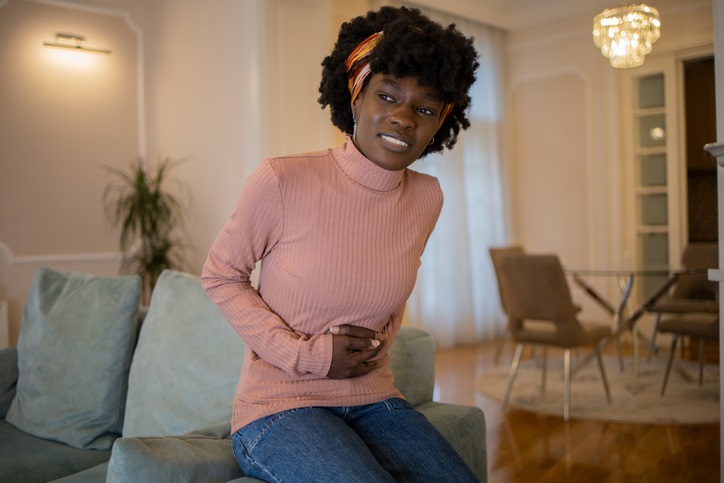
Women battle a number of illnesses, diagnosed or not - one being polycystic ovarian syndrome (PCOS), which is not easily understood.
According to the South African Journal of Obstetrics and Gynaecology, this condition affects 15 to 20 percent of women in their childbearing years and is also linked to 40 percent of female infertility cases in South Africa.
General practitioner Dr Nosipho Danielle Mhlanga says symptoms of this PCOS vary but can show itself in the form of acne to irregular periods.
READ MORE | Everything you need to know about melasma - 'The most critical step is to use sun protection'
What exactly is POCS?
Dr Nosipho says PCOS is where “there's a mismatch between how the ovaries and the brain work together. So, the brain releases all these hormones and these hormones cause abnormal development of eggs and cysts inside the ovaries, then the eggs continue to proliferate and make cysts, and then this causes issues with infertility”.
Though she says the condition is not curable, symptoms can be treated. “The common symptoms that women can watch out for is once they hit puberty, if they're having irregular periods or abnormal periods. So, if they're only bleeding maybe eight times in a year instead of having 12 cycles the way that normal periods tend to go, then that's a point of concern.”
However, in the long run it can cause hypertension, diabetes and high cholesterol, “because of the imbalance of hormones, it makes them prone to something called metabolic syndrome, which is all of those three conditions together”.
Dr Nosipho says possible treatment methods include lifestyle changes, exercise, contraceptives, anti-androgen medications and hormone-based therapies. In vitro fertilisation (IVF) is an option for fertility issues. Early diagnosis and management improve quality of life.
With contraceptives, Dr Nosipho adds that they are not necessarily a treatment for PCOS “but they're a treatment for the symptom [abnormal periods or the irregular periods] to try and regulate them and how effective that treatment is.
“It can improve the symptoms because if your hormones are more balanced, the symptoms of PCOS are less, but sometimes it doesn't necessarily work for the person if their PCOS is a lot more complex and then they have to start looking at more advanced treatments for it.”










